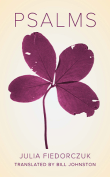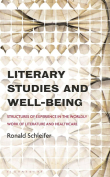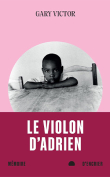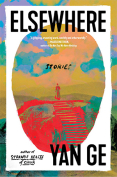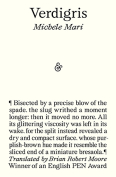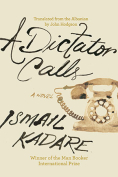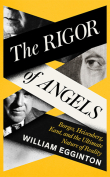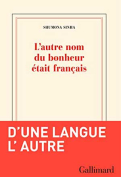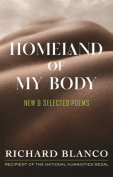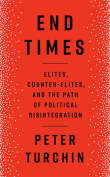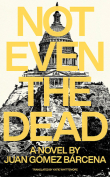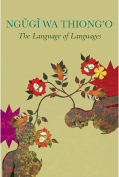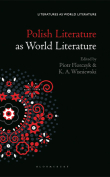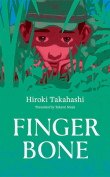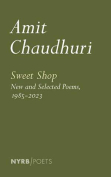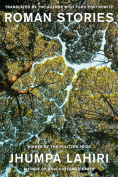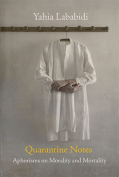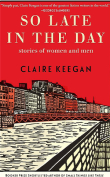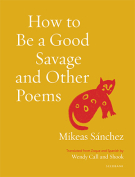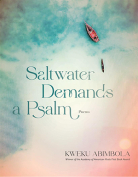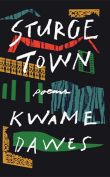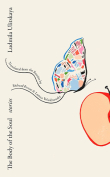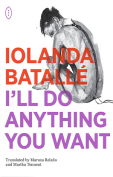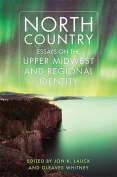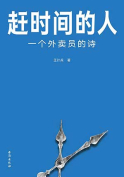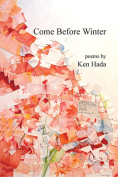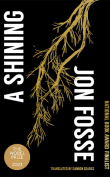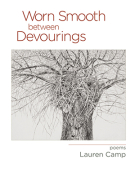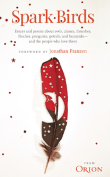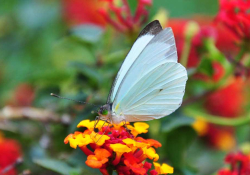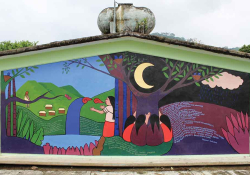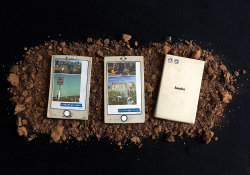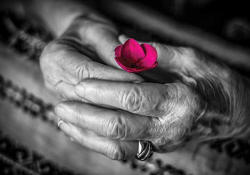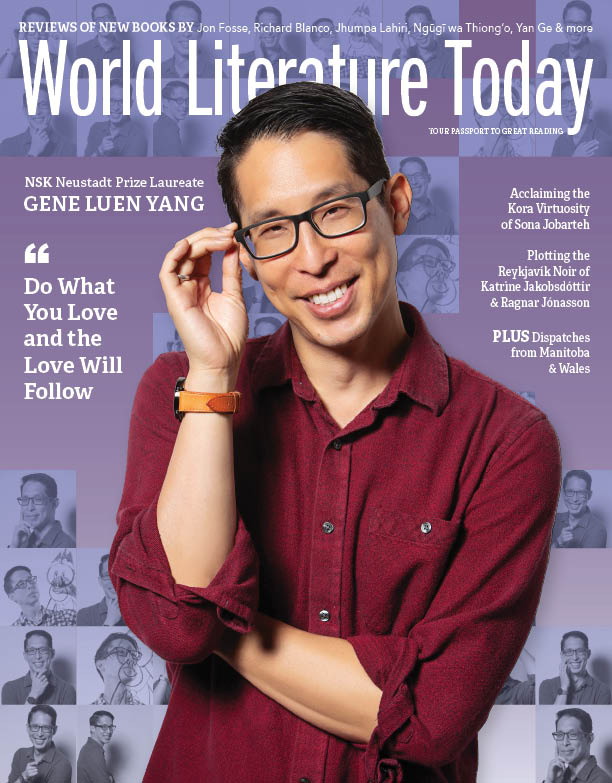How to Be a Good Savage and Other Poems by Mikeas Sánchez
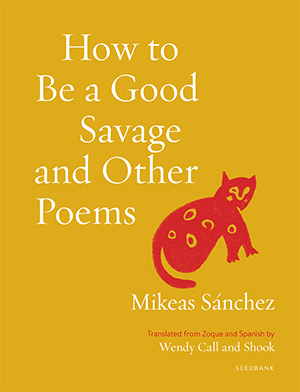 Minneapolis. Milkweed Editions. 2024. 224 pages.
Minneapolis. Milkweed Editions. 2024. 224 pages.
In How to Be a Good Savage and Other Poems, poet and writer Mikeas Sánchez explores themes of identity, family, religion, and the natural world. The book opens with three poems about El Chichón, an active volcano that erupted near her home in 1982, during Sánchez’s childhood. It was the most fatal natural disaster in Mexico in the twentieth century, decimating towns at its base and resulting in over two thousand fatalities. The first set of poems pays homage to the volcano and how it changes visually throughout the day.
Sánchez writes in Zoque, the name for a group of similar languages spoken across southern Mexico. The properties of Zoque are so different from English or Spanish that replicating its sounds or syntax is impossible. For example, a word such as sone’rampäte (we are many) is made up of many parts, or morphemes: sone (various), ‘ram, the plural marker, and päte, indicating the first-person plural subject. Sánchez’s translation somos millones (we are millions) captures the interaction of sone and ‘ram in Zoque: diverse and many.
Sánchez comes from a long tradition of Zoque poetry (WLT, Sept. 2023, 38). In Zoque culture, poems mark important milestones and hold the sacred knowledges found in medicine, cuisine, and traditional practices. Poetry runs deep in Sánchez’s family—her grandfather was a healer, and she learned about poetic practices by memorizing verses that her grandfather would recite. This bond to family and community is particularly evident in the poem Nä’pyajpa, Mokayaram Maka’ Yajpä’ya’e “They say the Mokayas (Zoques) will go extinct”:
But we recovered from the terror
our sacred language sprang from
our DNA,
stronger than ever
more Mokayas than ever.
Her poetry perceptively weaves in and out of a variety of places—New York, Barcelona, her hometown of Ajway. She compares the slavery of Indigenous peoples in Chiapas to that of the Africans in Europe and North America, meditates on Islam from her experiences studying in Spain, and clearly exhibits pride in being a Zoque woman.
Even though neither of the translators, Wendy Call and Shook, speak Zoque, they took care to collaborate with Sánchez to render the English closer to the Zoque than if they had simply used the Spanish. Many times they leave in Zoque words, such as words for gods and natural phenomena, allowing the reader to also see and experience Zoque on the page.
Thanks to Call and Shook’s translations, we now have access to this special, curated, trilingual collection of poems through which readers may experience Sánchez’s world. In Sánchez’s own words regarding translation, published in an essay in WLT in 2021: “Translation is important because it offers the chance to teach readers to think from their hearts and to collectively dream.” I could not agree more.
Carol Rose Little
University of Oklahoma
